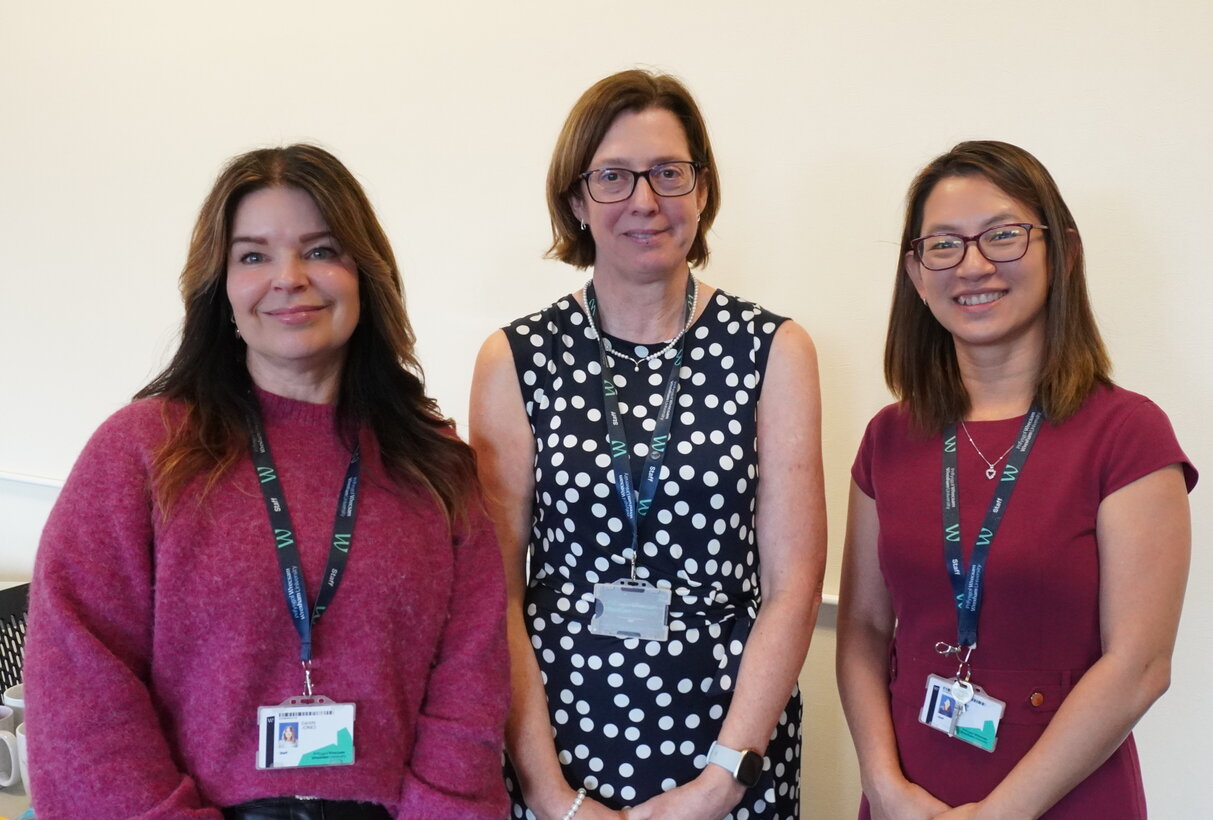Open House for Research: AcrWriMo Edition
-(1).jpg)
The Open House for Research session in November focused on key strategies and insights for academic writing, featuring presentations from our distinguished staff. Professor Robbins opened the session by welcoming attendees and introducing the three speakers: Dr Phoebe Teh, Dr Dawn Jones, and herself.

Speaker 1
First up, Dr Phoey Teh spoke about effective communication of research findings. Phoey went through the structure of research publications with essential components including:
Introduction: Not just definitions; it should narrate the problem leading to the research and state clear objectives.
Literature Review: Should be comprehensive, linking to the research questions and identifying gaps in existing studies.
Methodology: Clearly describe the methods used, referencing previous studies to justify choices.
Results and Discussion: Address the research objectives and discuss outcomes.
Conclusion: Summarise findings, implications, and suggest future work.
Phoey continued to talk about audience awareness, and how we should tailor language to the audience's understanding, avoiding jargon unless it is well-defined. Alongside that, we can use visual aids to enhance retention and understanding .
Speaker 2
Next up, Dr Dawn Jones presented some literature review tips. She highlighted the significance of maintaining focus and relevance throughout the writing process.
Purpose-Driven: Keep the purpose of the review at the forefront to maintain focus.
Literature Matrix: Use a matrix to organise sources by themes and findings, aiding in synthesis.
Diverse Sources: Incorporate a range of sources, including grey literature and grassroots perspectives, to enrich the review.
Clarity: Ensure that each section of the review clearly relates to the main research question.
Critical Analysis: Go beyond summarising sources; analyse and synthesise the information to provide a comprehensive view of the topic.
Engagement: Use engaging language and structure to captivate the reader's attention while presenting the literature.
Speaker 3
Our Chair turned into a speaker for our final contribution. Prof. Mandy Robbins outlined strategies for publishing book chapters. In her presentation, Professor Robbins shared valuable insights on the process of getting book chapters published. She discussed the importance of understanding the target audience and aligning the content with the publisher's expectations.
Research: Conduct thorough research on potential publishers and their submission guidelines.
Networking: Build relationships with editors and fellow authors to enhance visibility and opportunities for publication. Opportunities often arise from conferences or research groups; networking is crucial.
Revisions: Emphasise the importance of revising and refining your work based on feedback.
Editorial Process: Understand the editorial team and make their job easier by adhering to guidelines and deadlines.
Word Limits and Proposals: Stick to specified word counts and request the book proposal to understand the context of your chapter.
Peer Review and Indexing: Peer review for book chapters is less formal than for journal articles; feedback may vary. Provide indexing information to assist editors, enhancing the publication process.
Professor Robbins concluded the session with reflections on the presentations, reiterating the importance of effective writing in academic research. She encouraged attendees to apply the strategies discussed to enhance their own writing projects.
The session provided a wealth of knowledge on academic writing, emphasising the importance of clarity, engagement, and critical analysis. Attendees left with practical tips to improve their writing skills and navigate the publishing process effectively. The process of publishing research, whether in journals or book chapters, requires careful attention to structure, audience, and editorial guidelines. Engaging with diverse sources and maintaining clarity in communication are essential for effective dissemination of research findings.
Thanks everyone for attending this special edition of Open House for Research. The next date is 23 Jan, hybrid, we hope to see you there!